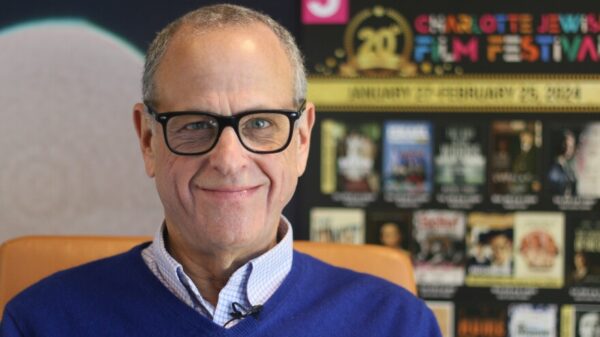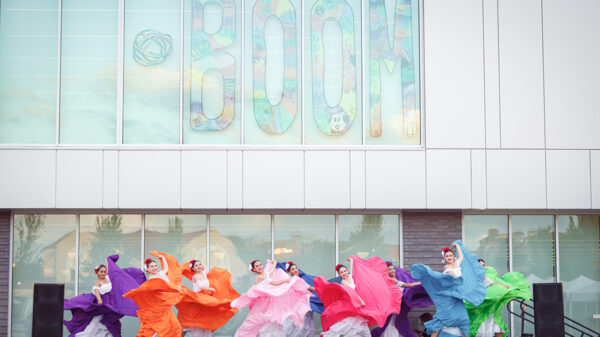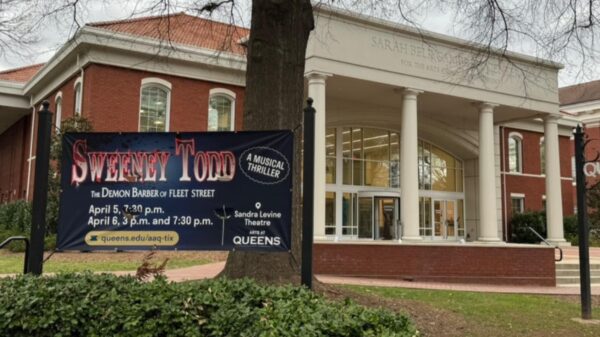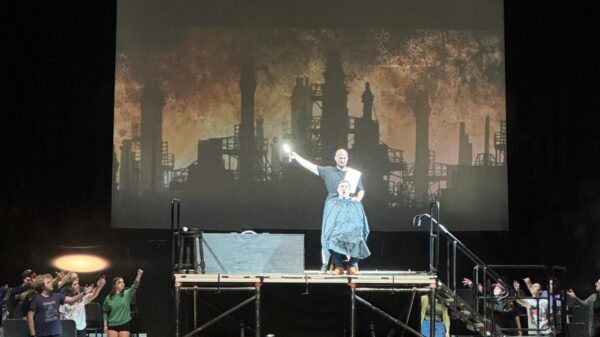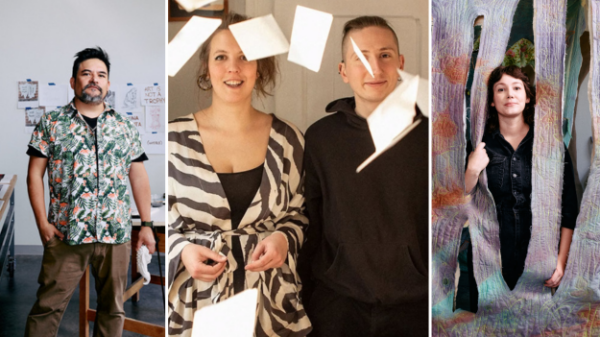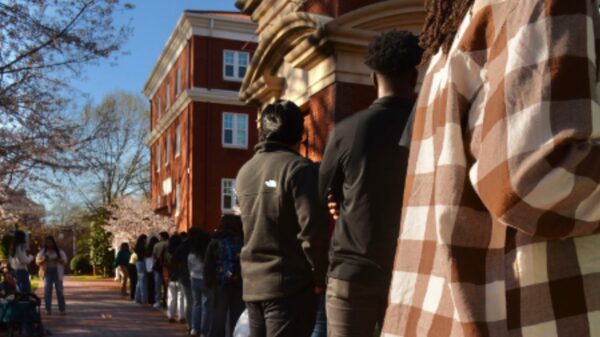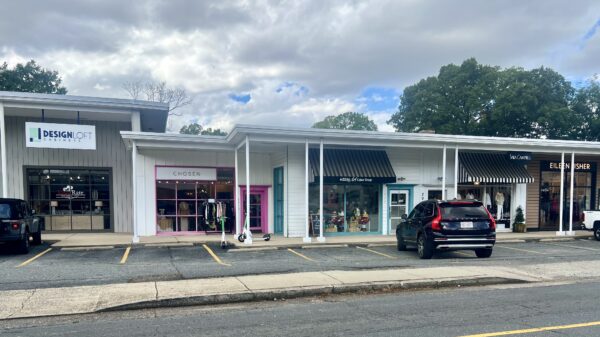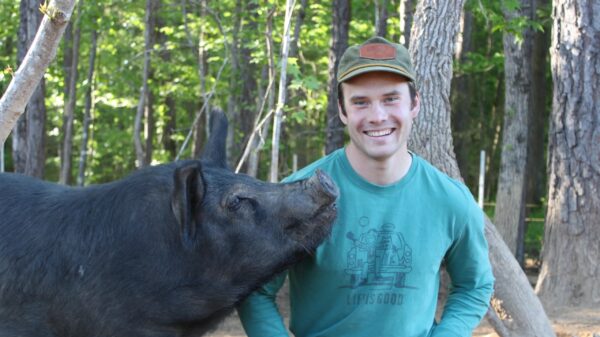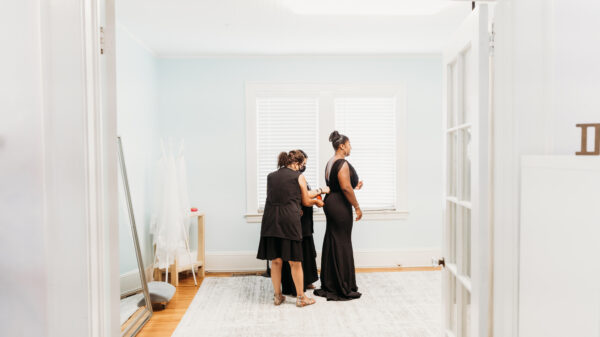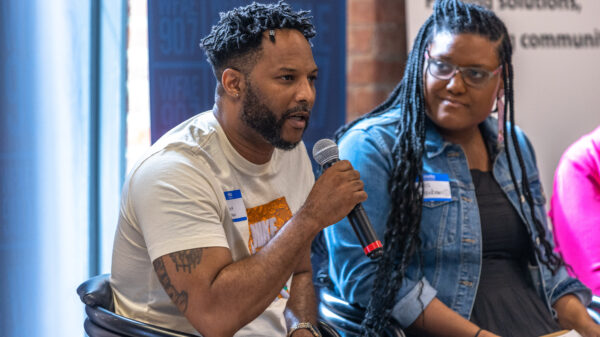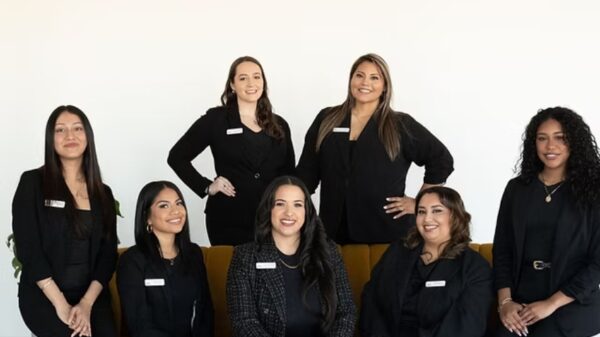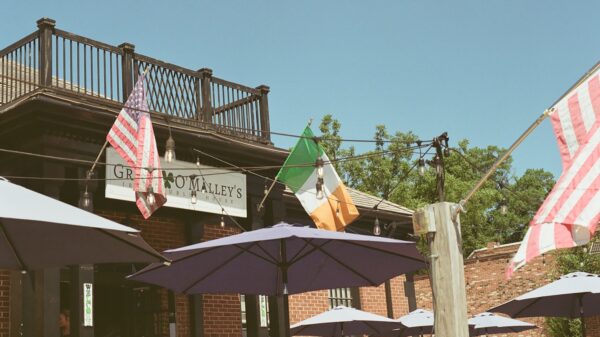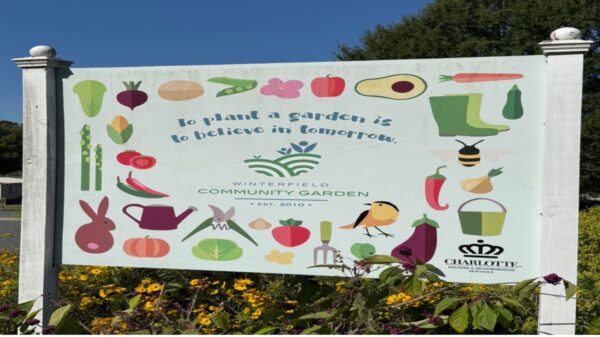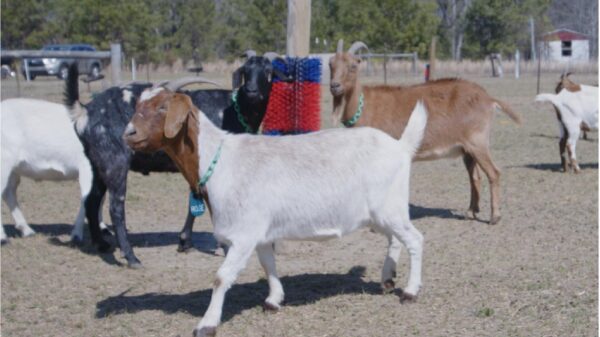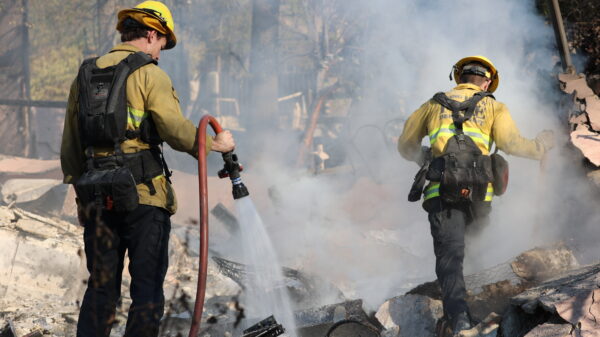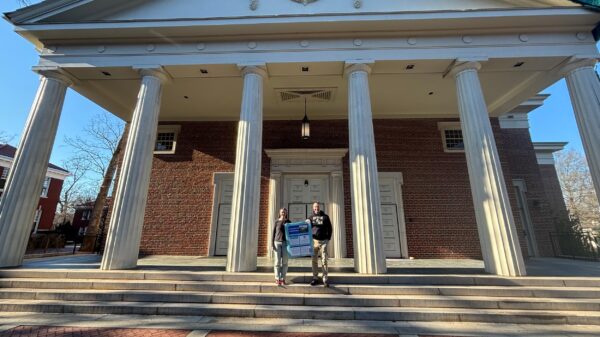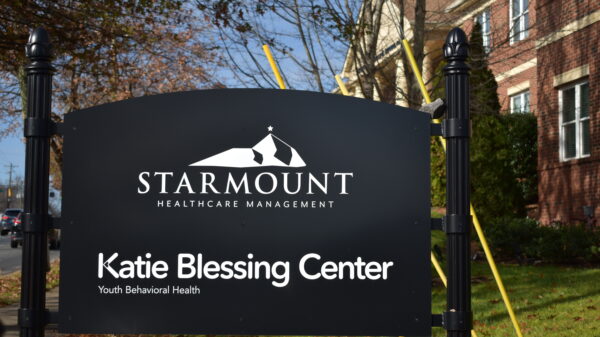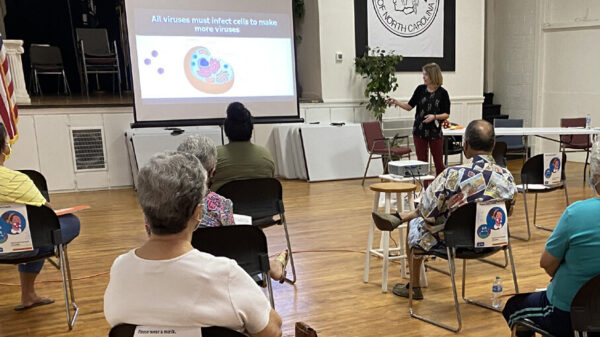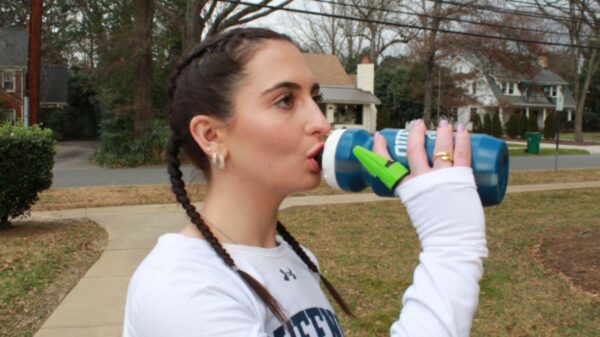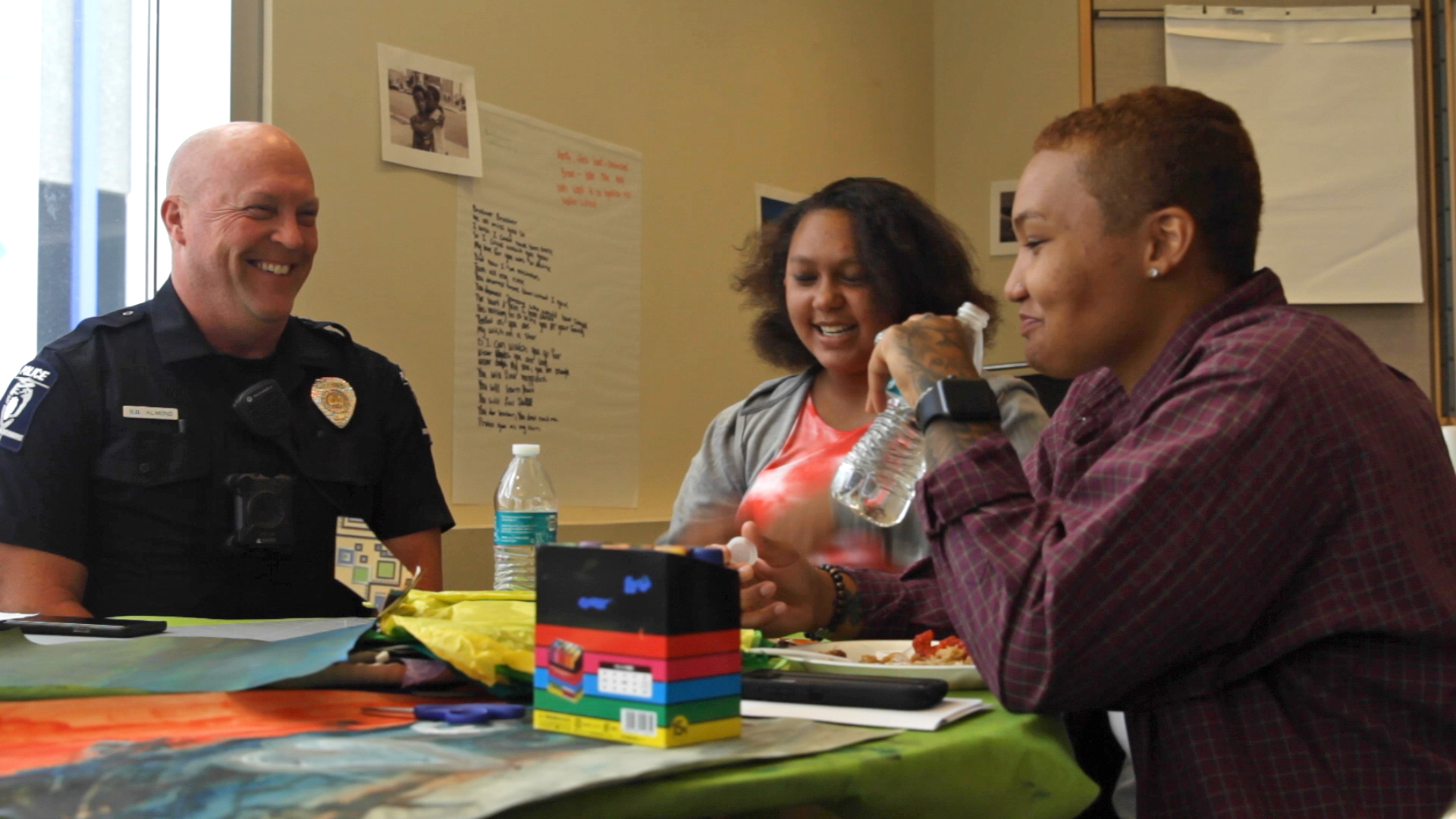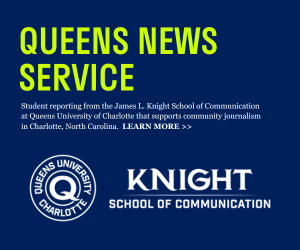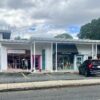If young people and police officers create art together, what kind of an understanding can they reach?
Workshops led by the Arts Empowerment Project, a Charlotte program that uses art to heal vulnerable youth, took a recent step toward answering the question.
A July session focused on painting, poetry and photography opened 18-year-old Ramey Carter’s eyes to the daily lives of police officers. Artists, social workers and teachers served as guides for officers, Carter, and other young people in six half-day classes conducted in sunny workspaces at the Levine Museum of the New South.
“It helps interacting with police officers,” said Carter, of Salisbury. “Maybe some people didn’t talk to officers before… it makes you feel more comfortable with them.”
Natalie Frazier Allen, an attorney, founded the Arts Empowerment Project in 2011 with the objective of using the therapeutic power of art to mend the spirits of young people. The organization works with the Guardian Ad Litem program and with county and state departments of social services and juvenile justice to identify young people who would benefit.
“The goal is to see the humanity in each other and to grow them with resilient opportunities, while keeping them inspired and creative,” said Allen.
The Arts Empowerment Project reports that there were more than 12,000 investigated reports of child abuse or neglect between July 2019 and June 2020, and that 20% of Charlotte children live in poverty.
“We’ve really been in touch with people who have experiences, who are artists, who have a trauma-informed lens in terms of talking to kids who have been through a lot,” said Allen. “My goal is to have kids be engaged, to have the children not just survive the system but to thrive in life and to become a whole person. I think art adds to that.”
Project goals include helping student participants with self-confidence, goal formation, peer interactions, community engagement, life skills, and healthy emotional outlets.

Photos by Queens University News Service.
In 2016, Allen saw a need to reshape the nature of interactions between young people and police officers, even before the police shooting of Keith Lamont Scott. So a key project initiative, “Promoting Peace + Justice,” brings together members of local law enforcement with teenagers who are at-risk or court-involved. The initiative has led about 50 class sessions during the last six years, involving more than 220 teens and more than 110 members of law enforcement.
“Too many times whenever kids and officers and community members encounter each other, it’s always negative,” she said. “It’s a never a positive situation because it’s urgent, emergent, emotional, and when you have that repeat cycle, it really gets everybody’s backs against the wall. Having more positive interactions is something that replicates effects that go into the community and really address the social and some of the emotional barriers people have to each other.”
Studies on similar projects using art as a community intervention tool, one led by a Rhodes University psychologist and urban studies specialist in Memphis, Tenn., in 2015, and another by a University of Ulster criminal justice researcher in Gloustershire, U.K., in 2020, show positive results.
One leader in the Charlotte workshop, mixed-media artist Gil Horne, said art creates a bridge to promote peace and justice, and addresses tension, neglect and trauma among young people.
“I believe it has a major impact in the way that we can communicate and get things across outside of words,” said Horne. “With art, specifically for me, it’s been my voice. I’ve been able to use it in a way to translate maybe a feeling, a thought that couldn’t be embedded in words.”
Other artists involved in the July program included poet Jah Smalls, spoken word artist Shane Marnier, painter Caroline Tippette, painter and teacher Dwayne Wilson, photographer Chandler Snipe, photographer and gallery owner Joanne Rogers, and visual artist and gallery owner Arthur Rogers.
Steven Durant, a retired lieutenant with the Charlotte-Mecklenburg Police Department, serves on the advisory board of the Arts Empowerment Project. Durant uses his connections to strengthen relationships between young people and police officers.
“Art is a means to develop a dialogue, a conversation, and that’s what this really is,” said Durant. “It’s promoting peace through a workshop and you’re promoting peace through conversation and understanding. Art is key because it allows people to express what they may not verbally express.”
Durant said that during his time in the police force, there wasn’t enough done to connect officers and the community. But these types of projects will not only help build better relationships, but show the good work that officers do on a daily basis.
“It’s very difficult when you have a climate as we have today,” said Durant. “Where you have so many people who have done so many things that are questionable and wrong, you see that first. And you don’t see the good that the officers do each day.”
The discussions are sometimes challenging and difficult, and Allen said they’re necessary if Charlotte hopes to stop future issues of violence.
“Having a connection and building a bridge is going to work better than not having any connections at all,” said Allen.
Capacity growth is one of Allen’s goals for the project. Instead of having a few kids participate in the project four to five times in a year, Allen hopes for the program to operate on a weekly and monthly basis.
“The most important thing to me is really reaching out to students to give them a window into a different world,” she said, “to address some of the issues largely around violence in their lives.”
The Arts Empowerment Project is planning a similar Peace + Justice session to take place at Arts Plus in fall 2021, and a Virtual Art Saves Silent Auction and Social Justice Campaign for Children is scheduled to start on Oct. 2. For information, check with the Arts Empowerment Project.
-
Elvis Menayese of Cardiff, Wales, is a 2022 graduate of the James L. Knight School of Communication. Elvis majored in multimedia storytelling with a journalism concentration, and in English literature. He was a Knight summer scholar with the news service in 2021, and also competed as an athlete on the Queens soccer team.
View all posts

